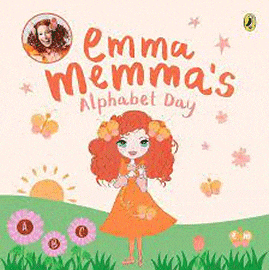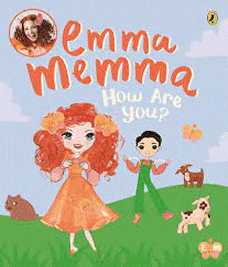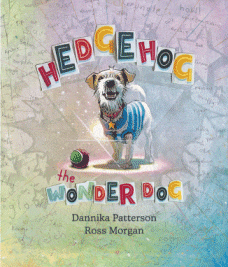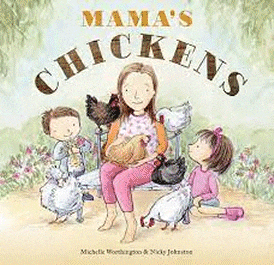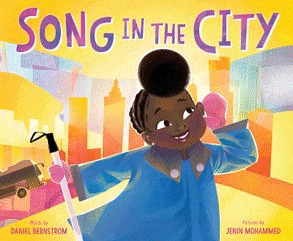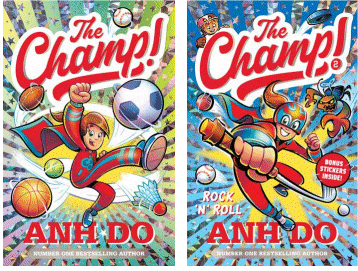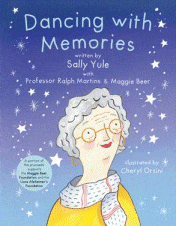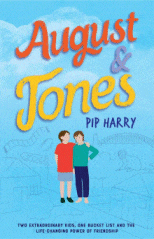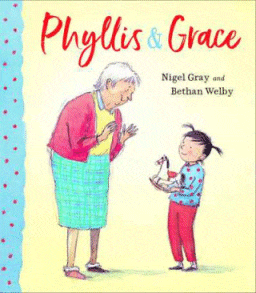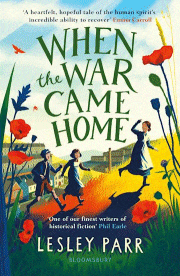
When The War Came Home
When The War Came Home
Lesley Parr
Bloomsbury, 2022
320pp., pbk., RRP $A16.99
9781526621009
Wales, 1920. Twelve-year-old Natty is quite happy living with her mam in their flat, going to the village school with its yummy free lunches, and special fish and chip teas on Fridays just like her dad used to do when he was alive.
But when her activist mum loses her job for sticking up for the workers’ rights, and they are forced to move in with relatives in a nearby village, things change dramatically. Firstly, she has to share a room, even a bed, with her cousin Nerys who is very bright and never stops talking. Then there are the unpredictable Huw who lied about his age to enlist but who has come home a totally different 17 year old suffering from shell-shock, and the mysterious “Johnny”, another young lad who has returned from the Western Front but who has no idea who he is or where he came from. She also has to attend a school ruled over by a brutal principal who uses his cane freely, particularly on those who are poor and hungry because there are no free dinners at this village school because their provision is the prerogative of the local council.
Even though she is angry at her mother’s desire to right wrongs that are not even her problem because of the impact it has on her own life, Natty is surprised to find herself drawn into a student strike demanding free school lunches so those who don’t have enough to eat can think about their studies rather than their stomachs. Perhaps she is more like her mother than she realises. But it is her friendship with both Huw and Johnny that has the most profound effect on all their lives, particularly as the message about never giving up is one that comes from all angles.
Once again, Lesley Parr takes the reader back in time to an era of Welsh history, but, as with The Valley of Lost Secrets and Where the River Takes Us , the issues she addresses will resonate with today’s readers. For although World War I is over a century ago, many children will know someone who is experiencing PTSD or the impact of some extraordinary trauma -or it may even be themselves- and so they empathise and perhaps find a little more compassion. And even though women now have the vote and workers have rights, this can serve as a starting point for an investigation into why such change was inevitable as well as discussions into what remains the same. Homeless, hunger and abuse are still rife in our society so what is the answer? Is there an answer?
At the very least, the story shines a light on what happened in so many homes and families around the globe after the guns fell silent. Sometimes, having your loved one home wasn’t the be-all and end-all – the war came home with them, shaping lives in a way that has impact today. As Nerys tells Natty, “The war took him away, Natty. And it gave him back, only not every part of him. And it took away some of the good parts and gave him bad ones instead.”
Lesley Parr has written three books now, and each one has been the most absorbing read – stories of kids of another time and place but whose lives seem so familiar, making them an opportunity to reflect and respect and understand the power of well-crafted, well-rounded characters, a story that seamlessly embraces critical social issues as it flows along, and the joy and satisfaction of being just a little wiser for the experience. Definitely an author to introduce to those who like meaty, engaging stories.
